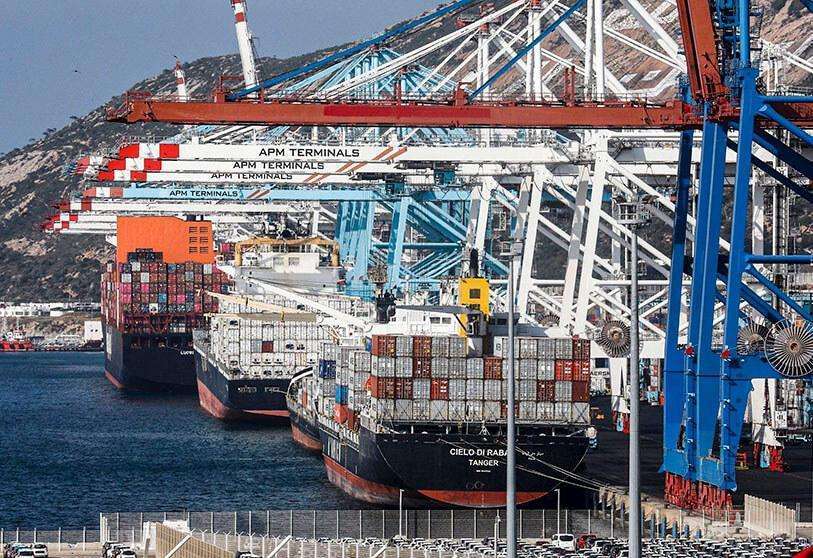models from open finance (open finance) and open banking (open banking) has been around for many years around the world and is being used more and more by people.
According to Mastercard’s New Payments Index 2022, which surveyed 35,040 participants in 40 countries, although only half of those surveyed knew what it was open bankingtwo-thirds already use it to make payments and other transactions.
Open banking and finance proposes opening up financial systems so that clients can give permission to third parties (such as fintech, large technology companies or other platforms) to access their financial data.
With that, users can, for example, receive personalized financial services, allow third parties to make payments or centralize all your account information on the same platform.
Usually this exchange occurs through Application Programming Interfaces (APIs), software links that enable communication or interaction between two entities.
Around the world
Globally, the UK and the European Union lead the way in regulation, with the Open Banking Standard and Payment Services Directive (PSD2) respectively.
In the first case, regulations passed in 2016 forced nine of the country’s largest banks to allow other banks or authorized startups to access their data directly through APIs.
While the PSD2 guidelines mandate that starting in 2019, banks will start allowing their customers share information with other financial service providers in a secure manner.
In England, open banking service users topped 7 million for the first time in Januaryaccording to Open Banking Limited, the entity responsible for implementation.
According to Mastercard’s Open Banking Tracker, as of Q3 2022, 559 third-party providers have signed up to provide account information or payment services with European regulators.
According to Deloitte, Hong Kong and Australia also chose the regulatory route to push open finance.
In 2018, the Hong Kong Monetary Authority published an ‘Open API Framework’ for the banking sector, kicking off a four-stage plan for banks to implement open APIs for various services and allowing them to choose the third parties they wish to collaborate with.
Australia is taking a broader approach with Consumer Data Rights (CDR), a comprehensive data protection law that, while initially applicable to banks, will also cover the telecommunications and energy sectorswith a view to expanding to others in the future.
According to BBVA, in Japan, the Banking Law was reformed in 2017 and 2018 to include criteria open bankingwith an authorization process for third parties (such as fintech) and setting obligations for banks to publish their open API policies.
While in Singapore, became a pioneer in implementing open banking in Asia, the country’s Monetary Authorities are providing guidelines and legal frameworks, in addition to launching a digital innovation ecosystem with an API related to data regulation called APIX.
What happened in Mexico and Latin America with open banking?
At the regional level, Brazil leads in terms open bankingcalled Carlos Valderrama, founding partner of the firm Legal Paradox.
In the South American country, the Central Bank of Brazil (BCB) published the first fundamental requirements for implementing open banking in 2019 and then published the final rules, according to a report prepared by API platform Belvo.
In August last year, Colombia issued a decree which sets the conditions for the entity to be linked to open banking.
Chile published Fintech Law earlier this yearwhich in addition to the regulatory framework for these companies seeks to create a system open finance in a country.
In Mexico, the 2018 Fintech Act also made the country the first country in the region to have regulation for open finance, but the delay in issuing secondary provisions has left the country in this regardValderrama considered.
To date we have been without secondary rules for nearly 64 months, they have taken some time due to changes in the National Banking and Securities Commission (CNBV)
mentioned in the interview.
Under the rules open finance, more than 2,000 financial providers in the country have to share data via standard API, comments CNBV in the Belvo report.
Valderrama added that implementation would pay to increase competition, penetration, inclusion and the offering of financial services.

“Entrepreneur. Internet fanatic. Certified zombie scholar. Friendly troublemaker. Bacon expert.”


:quality(85)/cloudfront-us-east-1.images.arcpublishing.com/infobae/AMRMWFE47ZGLRAZ2KNWCYXWBW4.jpg)




